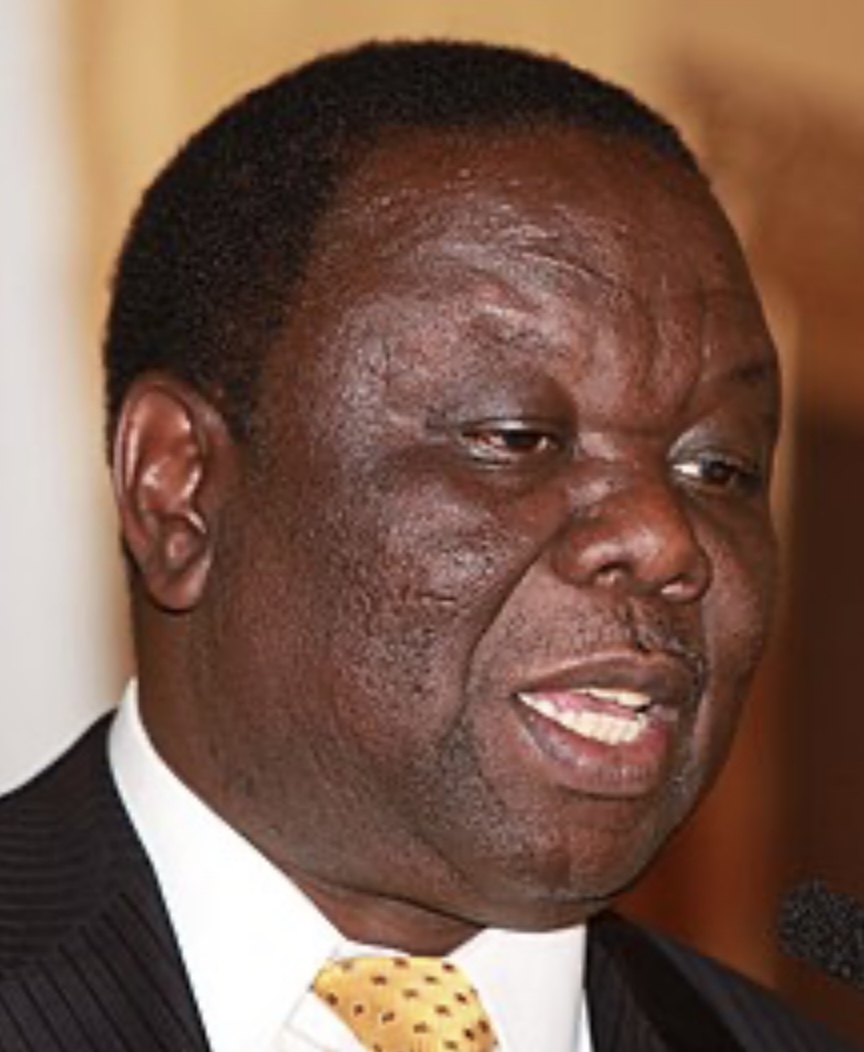Morgan Tsvangirai in Zimbabwe

Morgan Tsvangirai is sworn in by Robert Mugabe
For much of Zimbabwe’s history since Independence the best hope for the country’s political development rested with Morgan Tsvangirai, a key figure in the opposition to the autocratic and corrupt Robert Mugabe and his ZANU-PF party.
WorldPR was hired by the team led by Bertie Way and British pollster Lord Andrew Cooper to give strategic advice to Tsvangirai prior to the 2002 presidential election. Central to our immediate strategy was that he and the Movement for Democratic Change (MDC), which he had formed after quitting ZANU-PF, should boycott a contest that was obviously fixed because participation would lend legitimacy to the election. By contrast, the British Foreign Office argued forcefully that the MDC’s participation was critical to the development of a fledgling parliamentary opposition. In the event, Tsvangirai contested the election which was characterised by voter intimidation, violence and widespread fraud and which led predictably to victory for Mugabe.
Tsvangirai’s supporters subsequently faced repeated arrests and beatings. In 2007 Tsvangirai was arrested on his way to a prayer rally, tortured and beaten unconscious, an incident that caused an international outcry. Later that year his bodyguard died after being severely injured during a government crackdown on opponents. Two years later, in 2009, when heading towards his rural home in Buhera, Tsvangirai was injured and his first wife, Susan, killed in a head-on collision on a near empty-road whose causes remain uncertain.
Tsvangirai was finally to become Prime Minister 2009-2013. This followed parliamentary and presidential elections in which his party gained more votes than its opponent in the first round of polling – despite the election being again heavily rigged in favour of Mugabe. Under fears for his life, Tsvangirai withdrew from the second round of the contest when the risk of widespread violence became impossible to ignore.
At a subsequent meeting, Mugabe and Tsvangirai agreed to form a government of national unity in which executive decisions would be taken by a cabinet chaired by Tsvangirai. In reality the reins of power and control of the armed forces remained with Mugabe, who ruthlessly excluded Tsvangirai from the decision-making process, while failing to reverse policies that had resulted in rampant inflation, economic chaos and extreme poverty.
On 14 February 2018, Tsvangirai, who had been in poor health for some years, died at the age of 65.
